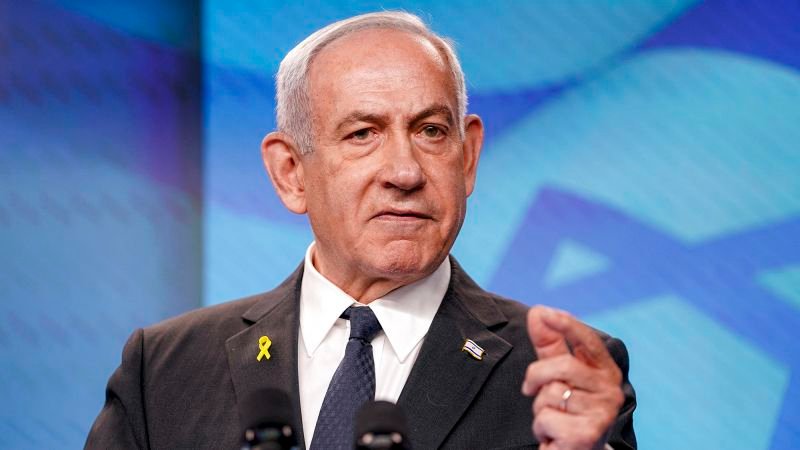UN General Assembly: Controversy Surrounds Netanyahu’s Speech
The UN General Assembly (UNGA) is no stranger to political drama, and recent events highlighted this once again when Israeli Prime Minister Benjamin Netanyahu faced a significant backlash during his address. In a scene that unfolded amid applause for Palestinian leadership, Netanyahu’s speech was overshadowed by a mass walk-out from delegates, drawing international attention. This remarkable incident serves as a poignant reminder of the ongoing tensions in the Middle East and the broader implications for global diplomacy.
Background: A Divided Assembly
As Netanyahu prepared to speak, the atmosphere was charged. Just a day before, Palestinian Authority President Mahmoud Abbas received accolades for his own address, which focused on the plight of Palestinians in Gaza. The stark contrast between the two speeches set the stage for a tense encounter. Delegates from various nations arrived with differing views on the Israeli-Palestinian conflict, resulting in a highly polarized environment.
The Walk-Out: A Statement of Solidarity
During Netanyahu’s speech, a substantial portion of the audience, including representatives from several Arab nations and other countries sympathetic to the Palestinian cause, opted to leave the assembly hall. This mass exit was interpreted as a powerful statement against Israel’s actions in Gaza and its broader military strategy. Reports indicated that the protest was organized, highlighting the growing discontent with Israel’s policies concerning Palestinians and prompting questions about international support for the ongoing conflict.
Netanyahu’s Message: ‘Finish the Job’
Despite the walk-out, Netanyahu pressed on with his message, which centered around Israel’s military objectives in Gaza. He stated that “Israel must finish the job,” a declaration aimed at reinforcing his government’s commitment to national security. However, this assertive tone was met with mixed reactions, with many questioning the ethics of continued military actions in densely populated civilian areas.
Key Points from Netanyahu’s Address
- Military Justification: Netanyahu reiterated the need for military action as a means of protecting Israel from perceived threats.
- Condemnation of International Criticism: He chastised the international community for what he described as unfair scrutiny of Israel’s defense measures, claiming that they hinder the country’s ability to safeguard its citizens.
Despite attempting to bolster support for his stance, Netanyahu’s words garnered backlash, leading to increased calls for accountability regarding Israel’s military operations.
Global Reactions: A Divided Response
The immediate reactions to Netanyahu’s speech were as polarized as the assembly itself. Supporters of Israel defended his right to speak, emphasizing the importance of dialogue in international forums. Conversely, critics condemned the continued military actions in Gaza and highlighted the humanitarian crisis faced by civilians.
Support for Palestinian Rights
The walk-out was widely covered by international media, with many outlets framing it as a demonstration of solidarity for the Palestinian cause. Social media also exploded with commentary on the event, illustrating the strong sentiments surrounding the Israeli-Palestinian conflict.
Criticism of the UN’s Role
The UN’s effectiveness in mediating peace and addressing humanitarian issues has been called into question, particularly in light of the dramatic events in the assembly. Calls for reform and a more proactive approach to address the roots of the conflict have emerged, with many suggesting that the UN should play a more significant role in advocating for human rights.
Conclusion: An Ongoing Conflict
Netanyahu’s controversial speech at the UN General Assembly underscores the deep-seated divisions surrounding the Israeli-Palestinian conflict. The walk-out serves as a potent reminder that the issues at stake are not only political but deeply personal for millions affected by the ongoing violence. As the international community grapples with these challenges, the dialogue about peace, sovereignty, and human rights will continue to evolve, with all eyes on the next steps both Israel and Palestine will take.
For further reading on the ongoing Israeli-Palestinian conflict, consider exploring resources from reputable organizations such as Human Rights Watch or the United Nations itself.


